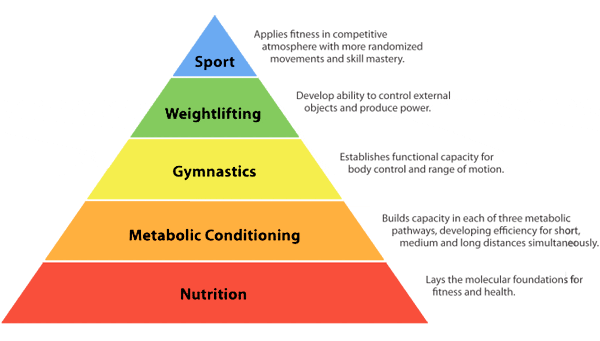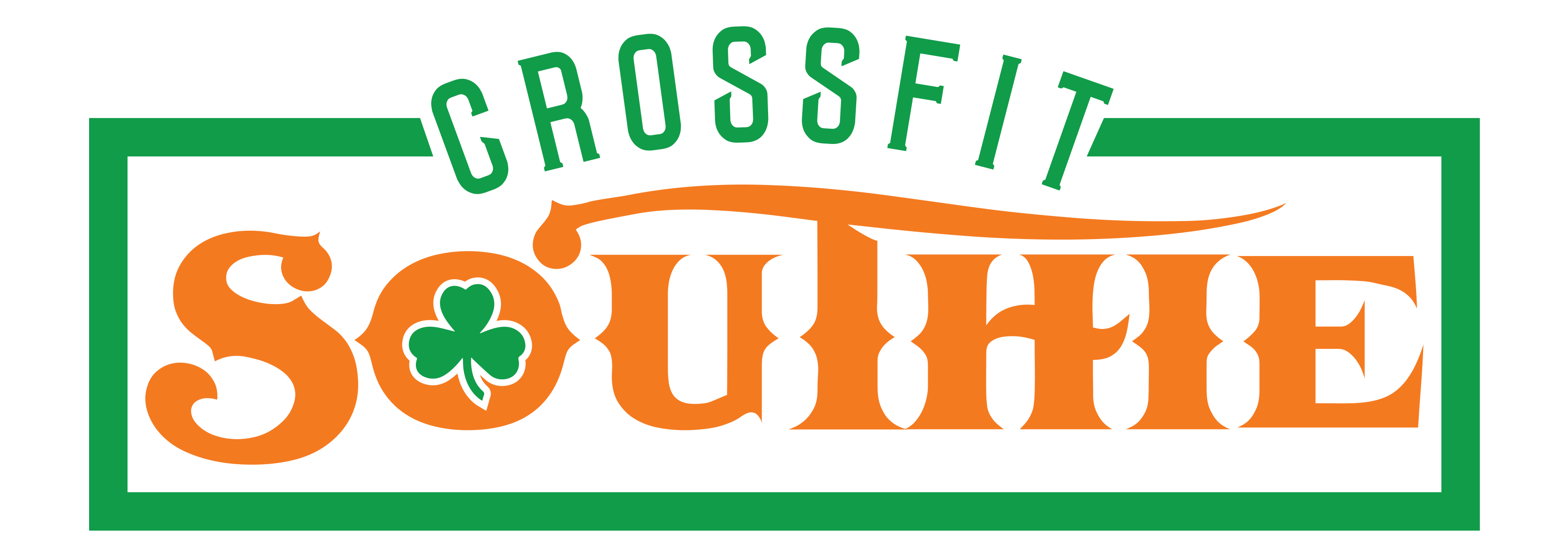
February Reset Challenge
In 2022 we are keeping things as simple as possible in order to set ourselves up for success. This nutrition challenge will last for the month of February and will have two primary focuses:
- Consuming 800g (or 6 cups by volume) of fruits and veggies each day.
- Eliminating alcohol
Why eat 800g of fruits and vegetables each day?
EC Synkowski – a well loved member of CrossFit seminar staff and a nutrition pioneer – developed the 800g challenge in the summer of 2017. She discovered a meta-analysis in the International Journal of Epidemiology indicating that the daily consumption of 800 grams of fruits and veggies reduces your risk of heart disease, cancer, and stroke, as well as overall mortality.
EC used this study to switch the diet mentality that focuses on elimination and instead focus on adding in these 800 grams daily. 800g of fruits and veggies is a relatively high volume – EC found that those who consumed this volume no longer had the desire to eat as much junk food. Being full of fruits and veggies helps individuals intentionally decide to reduce intake of sweets and junk food versus the forced elimination of these foods – this contributes to diet sustainability and long term weight loss versus the traditional yo-yo diet.
To garner a visual for 800g of fruits and veggies -imagine a standard dinner plate full to the edges with various fruits and veggies (around 6 cups in volume if you don’t own a food scale). Now that doesn’t mean the 800g should be eaten as one meal – try to sprinkle them throughout the day so it does not feel like quite so much at once. Aim for a cup or two at each meal and snack. This quantity of veggies and fruits only equates to about 500 calories or less each day, which is a small fraction of what we need each day which provides room for all those other foods we want/ need!
10 Principles of Nutrition according to EC:
- The quantity of food you eat (in calories) determines your weight
- The quantity of food you eat (in macronutrients) determines your body composition
- Timing only matters to the extent it affects quantity
- The quality of food (as determined by micronutrient density) determines your health
- It is never one thing
- All diets control quantity to varying levels of precision
- Sustainability is the most important factor in diet selection
- The universal diet problem is processed foods
- Your diet can’t be validated
- There are diminishing returns on attaining perfection
Why eliminate alcohol?
Alcohol can cause a ripple effect when it comes to our diet. Alcohol impairs judgment and often leads to poor food choices that lead to increased caloric intake with minimal nutritional value.
Chronic alcohol consumption affects how our body functions – regular consumption inhibits the body’s nutrient absorption, particularly with fats and proteins. Heavy drinking also greatly impacts the function of the liver – the liver stores vitamins for our body and converts them into metabolically useful forms. Alcohol minimizes this conversion and diminishes the use of folate, vitamin B6, vitamin B1 and vitamin A.
Alcohol also leads to dehydration within the body – leading to more trips to the bathroom and a higher chance of a hangover in the morning.
Eliminating alcohol for a month allows us to experience how much better the body feels without it! This gives each of us the knowledge we need to make decisions regarding regular alcohol consumption.
Rules for weighing and measuring:
If you have access to a food scale, it is best if you weigh your fruits and veggies! However if you don’t have one or are traveling/ eating out you can use the following equivalent: a closed adult fist is about 1 cup and about 6 cups (6 fists) ends up being very close to 800 grams. The only exception is leafy greens – if using volume instead of weight as your measurement tool, exclude leafy greens since they only weigh about 25g per cup. Leafy greens will be a bonus if using volume as your measurement tool and will not count towards your daily 6 cups.
Important info below
Challenge Overview, Rules & Point System
Food Logs
To sign up to participate and receive more details via emails, please click here.
